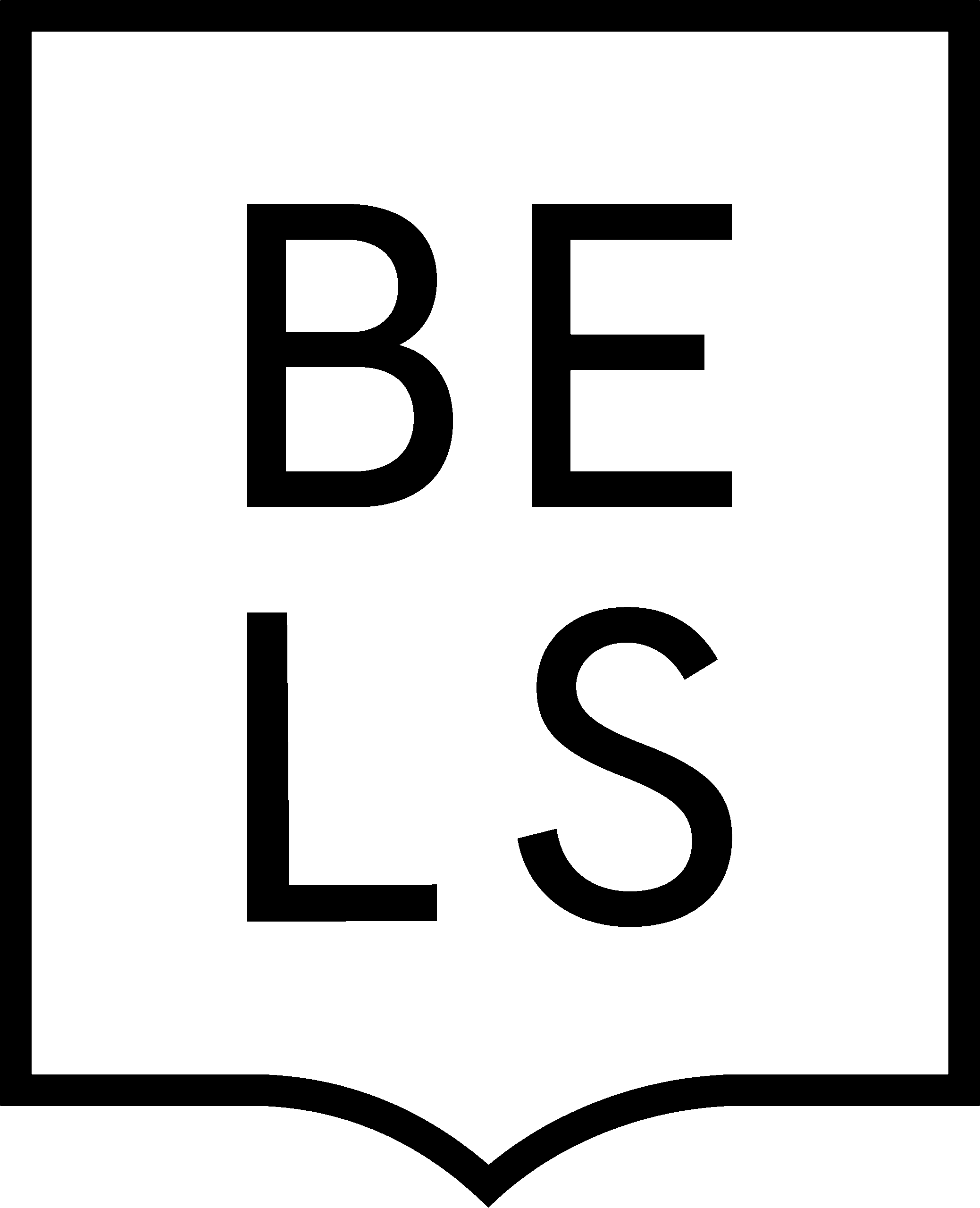Powerful English Words to Use Instead of Very
Let’s move away from ‘Very’ to a more vibrant use of language!. This blog post will show you how to take your English to the next level by swapping “very” phrases with more impactful words. You’ll be surprised at how much more advanced and precise your English will become.

Why Replacing ‘Very’ with More Powerful Words Can Improve Your Vocabulary
Ditching “very” and embracing a richer vocabulary enhances communication. “Very” often serves as a placeholder, diluting the impact of our words. When we replace it with more precise adjectives or adverbs, our language gains depth and nuance. Instead of saying something is “very good,” we can describe it as “excellent” or “outstanding.” This shift elevates our language and conveys a more vivid and precise picture to our audience. Choosing diverse words to express our thoughts and feelings empowers us to paint a colourful and captivating linguistic canvas, making our communication more memorable.
Finding the perfect word in English can be challenging, with approximately 171,000 words available. Many second-language speakers may opt to use the word “very” to describe something or emphasize the importance of a word. However, using “very” too often can make our language sound boring and stale. This is because words like “very” don’t always convey the specific meaning we’re trying to express. Here are some helpful tips for improving your language and reasons why removing “very” from your vocabulary is a good idea.
Understanding the grammar of ‘very’.
Before reviewing more examples of words you can use instead of ‘very’, let’s learn more about how this word influences your language. ‘Very’ is an intensifier, an adverb meant to give power and authority to an adjective or descriptive word. Other adverb intensifiers are words like ‘really’, ‘so’, ‘totally’, and ‘too’, though ‘very’ is perhaps the most popular of this collection. They are used to strengthen the meaning of other expressions. These words have very little meaning, but when tied to an adjective, they add an extra punch or more emotions to that word or phrase. At the same time, many intensifiers often have a similar meaning and can be used interchangeably. So, while you may think that using ‘very’ will be helpful for your language, it may just make you sound repetitive and unspecific.
The correct word is out there.
Whether you are an old pro or a new learner, finding the right word can be a struggle, especially since there are thousands of descriptive words in the English language. It may seem more straightforward to use ‘very’ as a substitute for more varied words. However, this can make your language seem clunky and vague, mainly when used often. Also, adding generalised words to your speech or sentences can make your language unnecessarily long. Why use three words to describe something when you can achieve the same with one? Finding the right word may seem impossible, but with practice, your language will sound smoother and richer than if you constantly use ‘very’ in your speech or writing. The correct word can fully capture the meaning of what you want to express in a more impactful and specific way rather than using a word like ‘very’.
Elevate your language.
Another drawback of using ‘very’ is that it can lessen the quality of your language and make it seem like you are not as proficient as you are. By using more varied words, you can sound like a native speaker with a rich vocabulary that is littered with creative and descriptive words. Removing ‘very’ from your vocabulary can also make you sound more professional, and you can impress your colleagues with clear and accurate language. If you use ‘very’ often can make your language sound slangy, casual, and informal. Using specific words can pack your language with descriptions and more profound meaning, so you can add specific understanding to what you are saying. For instance, this sentence: ‘The food was very bad’ vs ‘The food was stale’— we know that the food was not appetising in both sentences. However, the word ‘stale’ tells us more about the quality of the food. The food wasn’t just bad; it was dry, hardened, and tasteless. Using a more descriptive word makes this sentence’s language more precise, specific, and elevated.
How to improve your language.
Luckily, there are many ways to improve your language and help you sound like a native speaker. We have compiled helpful tips to help you learn new descriptive words to add to your mental dictionary. Keep your language fresh, creative, specific, elevated, and professional with this guide to improving your vocabulary and sounding like a native English speaker.
1. Your friendly neighbourhood thesaurus
Whether you are a native speaker or an English language learner, one of the best ways to learn new words and improve your vocabulary is by using a thesaurus; a thesaurus will give you a detailed list of synonyms or words that provide a similar meaning to the one you want to use. You can also use a thesaurus to better understand words you are still determining the exact meaning of. A thesaurus can give you a broader idea of correctly using the word and provide words that mean the direct opposite of your chosen word or antonyms. Putting new words in context will also help you remember their meanings, so try forming a sentence using new vocabulary in a way that is personal to you. You will be able to associate the new word with your own experiences. So, type a word you know into your online thesaurus and see all the different ways you can similarly say something.
2. Use topics and themes to remember new phrases.
Another way to improve your language is by using topics and themes to remember key phrases instead of memorising a vast vocabulary list. If there are thousands of single words in the English language, just as many phrases, idioms, and groups of words can be used instead of basic intensifiers. You can expand your vocabulary by associating certain words with different themes while avoiding long nights of memorisation. Learning vocabulary in chunks or phrases will help you absorb the language and enable you to use these words in various ways once you confidently understand their meanings.
3. Turn your verbs into adjectives.
A helpful way of keeping ‘very’ out of your vocabulary is by turning your verbs into adjectives. Start with the infinitive of the verb and change it to its adjectival form; for example, the infinitive ‘to starve’ can become ‘starving’, which adds emotion and specificity to your language, as opposed to saying, ‘very hungry’. The adjectival form tells us much more than using the intensifier ‘very’ and elevates your language in one swoop. Using adjectival forms, you can avoid littering your language with ‘very’ and other unspecific intensifiers and make the most of all your descriptive words.
Read our blog about 8 effective ways to improve your English vocabulary to get working on your vocabulary skills!
Improve your English Language Skills with BELS.
Want to improve your English skills? The best way to do so is by practising with others! By chatting, listening, and regularly practising with native speakers or fellow learners, you can learn new vocabulary and start using more creative and descriptive words in your daily life. So why not sign up for an English course in Malta and Gozo with BELS? Our boutique school offers an immersive English language experience with a friendly community of learners from around the world travelling to our beautiful Mediterranean islands.. Join us, and together, we’ll find new and exciting ways to expand your vocabulary and help you sound like a native English speaker in no time!
Learn with a Top School
Whether you'd like to improve English for personal, career or academic goals - we've got a course for you.
Browse Courses


